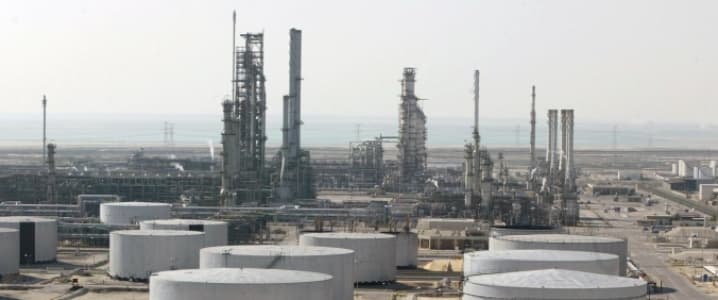In a research note, Goldman Sachs has effectively demoted OPEC from a price setter to a mere inventory manager, with the cartel’s long-term control over international oil prices diminishing thanks to shale, which sports much faster returns: 6-9 months from final investment decision to peak production versus several years for conventional oil. The lengthy process of conventional oil is precisely what gave OPEC the ability to pull the strings of international prices.
Goldman commended OPEC on its decision to cut production, adding, however, that it had an opposite to the desired effect by “underwriting” shale oil production, and spurring the growth in it that we are now witnessing.
The investment bank also has some bad news for the oil industry, noting that the period between this year and 2019 will see a hefty increase in global oil production thanks to large-scale investments made in 2011-2013. In fact, Goldman expects the possible addition of 1 million barrels of crude to global daily output in the period.
There is some uncertainty as to whether all these mega projects will deliver in line with expectations, given the oil industry’s history of failing to do this, but delivery has improved in the last three years, so the 1 million barrels are a real possibility. Related: Trump’s Budget: Valuing Military Over Energy
In this context, Goldman says, OPEC has a dilemma: should it extend the production cuts to prevent prices from falling further—extending the invite for U.S. shale to come on in fuller force, or should it let them fall to avoid the risk of losing long-term market share, but crippling OPEC members’ bottom line.
Several OPEC members have already expressed their readiness to take part in an extension of the cut or have at least acknowledged the need for such an extension. Even Saudi Arabia, OPEC’s largest producer, has softened its stance from being previously unwilling to further strengthen U.S. shale by extending the deal, to saying it would back an extension if inventories remain high.
Meanwhile, benchmark prices were dealt another blow by the American Petroleum Institute, which yesterday reported a 4.5-million-barrel increase in U.S. crude oil inventories, exceeding analyst expectations of a build half that large.
By Irina Slav for Oilprice.com
ADVERTISEMENT
More Top Reads From Oilprice.com:
- Why Shell’s Oil Sands Sell Off Is Great News For Canadian Oil
- Is A Russian-Iranian Energy Pact In The Making?
- The Single Biggest Threat To An OPEC Deal Extension


















